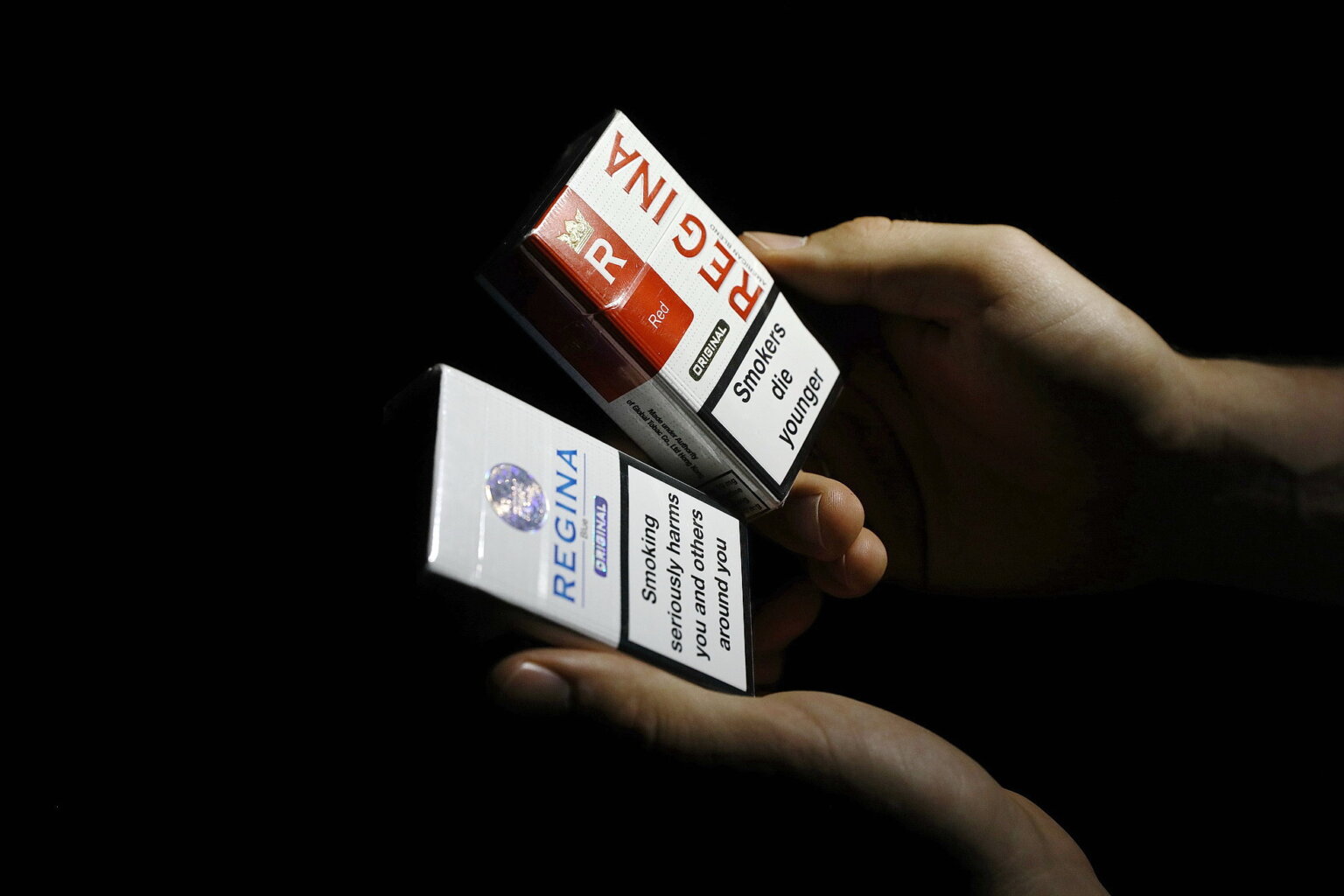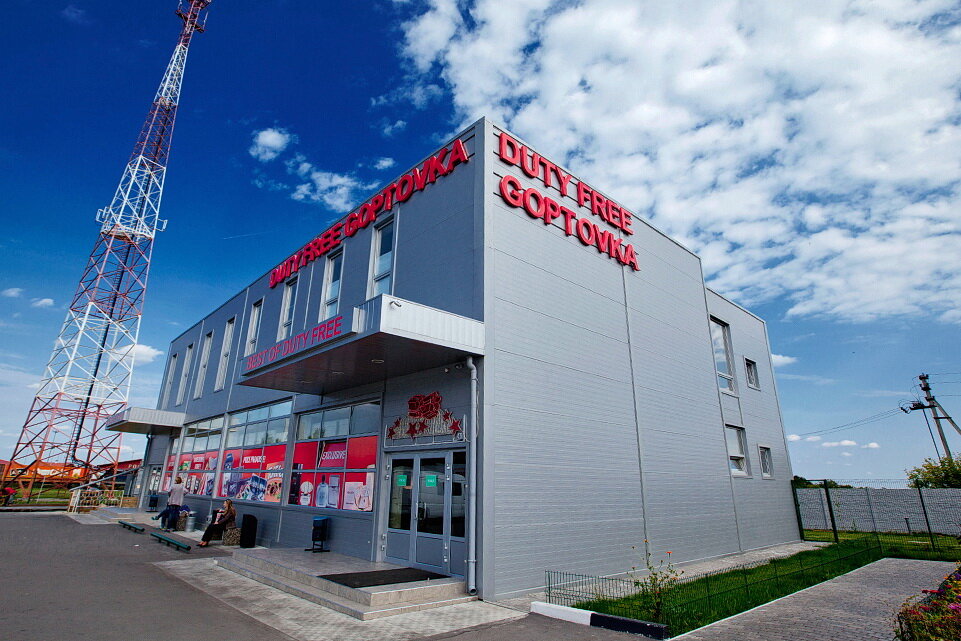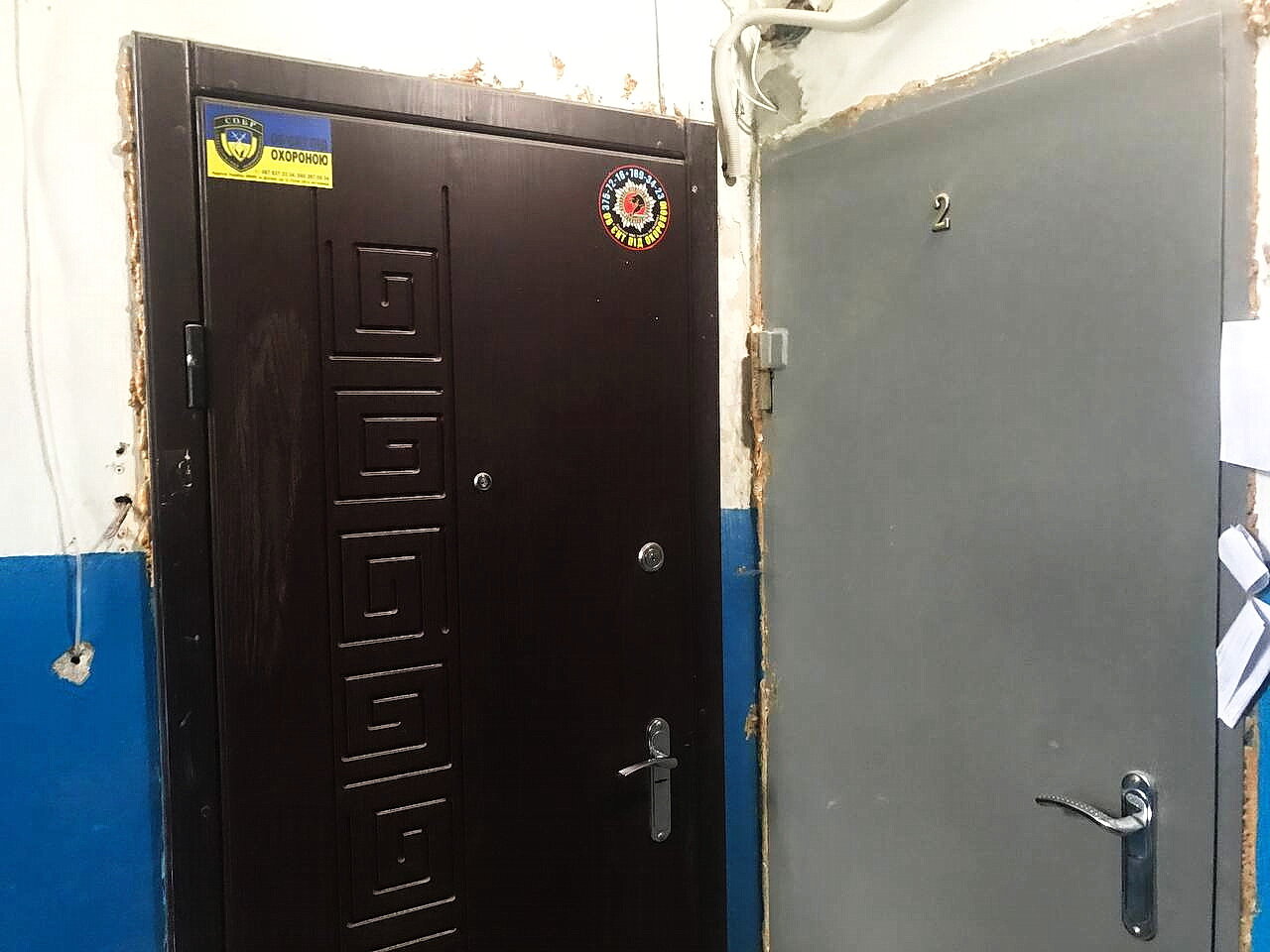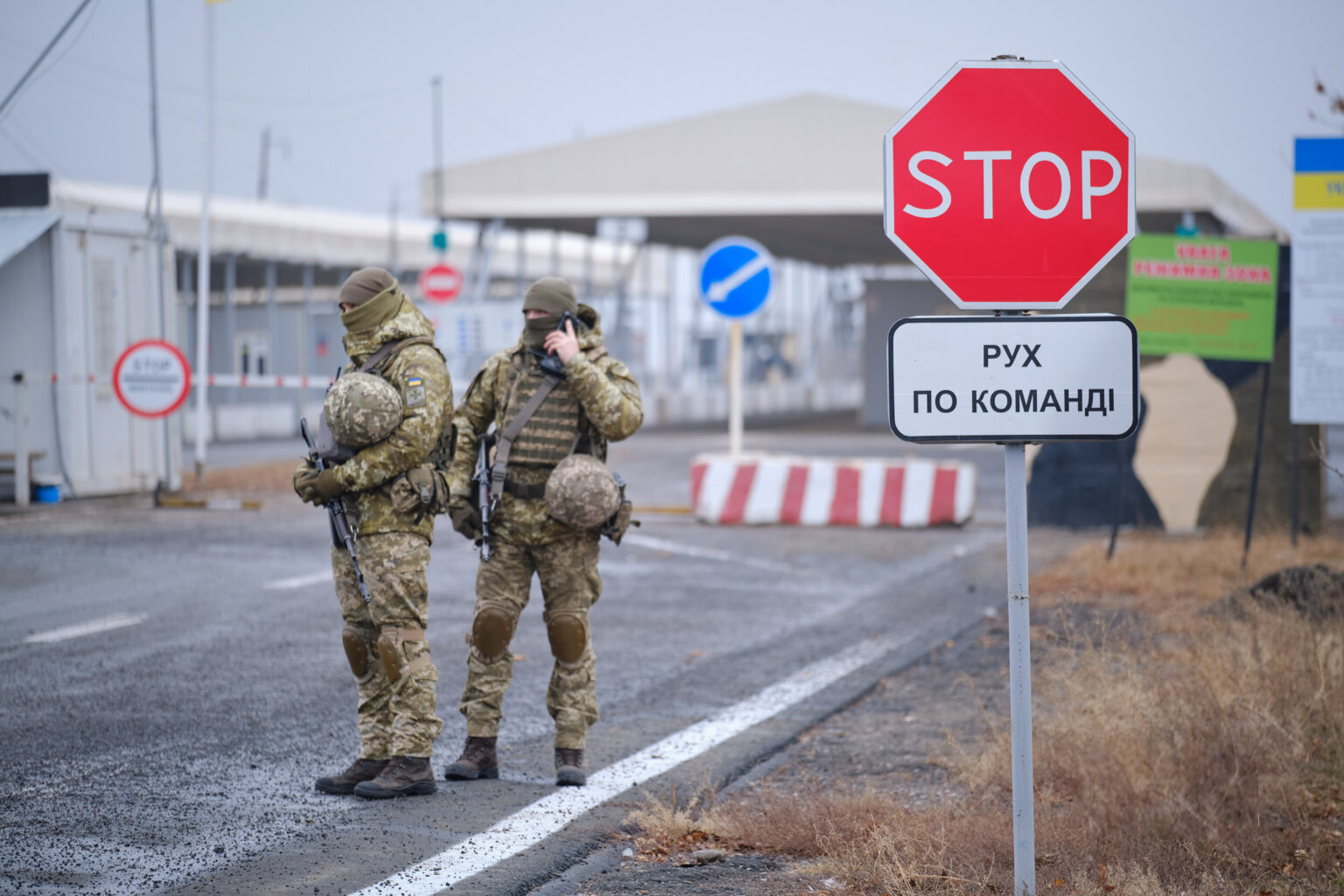Cities for Rent: Investigating Corporate Landlords Across Europe
Everyone needs a home, and even more during a pandemic.
The high demand for rental flats across European cities has contributed to making housing a very attractive investment. At a time when many people can’t find an affordable and decent flat to live, reports of a huge increase in investment flow into housing across Europe go hand in hand with stories of abusive practices by ‘corporate landlords’, companies that buy and rent out housing for profit.
Where is all that money coming from? Who are the companies and investors buying so much housing across Europe? How does this phenomenon affect people’s lives and homes in European cities?
During a period of more than seven months, a team of over 25 investigative and data journalists and visualisations experts from 16 European countries, have been working on the cross-border collaborative project Cities for Rent: Investigating Corporate Landlords Across Europe.
We wanted to find the data and visualise these developments, and document their effects on our cities and in people’s lives. We found that since the financial crisis international investment funds and housing corporations have been buying up homes across European cities and there are different critical issues connected to this.
Access and read stories we have published so far below and read more about the investigation and its main findings on the About page.
Finding all the relevant data is being a challenge due to a lack of transparency by corporate landlords, and we would like Cities for Rent to become the start of an open collaborative effort towards more cross-border research into the crisis of housing affordability in European cities and how that affects people’s lives.
On our website – which you can access below or via the URL – we share our research methodology and its limitations, and our approach to data visualisation. We have also made available a data catalogue describing all the data sets we have been gathered and generated ourselves.
If you have comments or questions, or if you want to contribute data or research corporate landlords yourself, do get in touch.
Huge quantities of Chinese cigarettes smuggled into Ukraine
Editor’s Note: This investigation is a part of the “China Tobacco Goes Global” investigative project by the Kyiv Post, Organized Crime and Corruption Reporting Project (OCCRP) and 11 media partners worldwide.
China Tobacco’s factory in Europe is selling hundreds of millions of cigarettes to companies in Ukraine under investigation for cigarette smuggling — one co-owned by a former border official with ties to the president.
Key points
- China Tobacco has exported hundreds of millions of cigarettes to Ukraine from its European factory since 2013, even though none of its brands are legally sold there.
- One of its top customers was a company under investigation for smuggling tobacco. It’s co-owned by Vadym Sliusariev, a well-connected former border official with close ties to Ukrainian President Volodymyr Zelensky.
- Two other major customers, companies based in Russian-occupied territories, were also under investigation for smuggling. Together, they bought over 300 million cigarettes despite not having licenses to import or distribute tobacco.
Four years ago, a truck trundled into the Ukrainian port city of Odesa, carrying 12.5 million cigarettes in its trailer. It would have looked like just an ordinary shipment of tobacco from Europe to Ukraine, which has one of the world’s highest rates of smoking, if not for a few details that just didn’t add up.
The Regina Blue and Regina Red brand cigarettes in the truck had no tax stamps on them. The warning labels on their packaging weren’t in Ukrainian. And in small letters on the side of the pack, they were marked: “For Duty Free Sale Only.”
In other words, law enforcement suspected they were about to be smuggled through Ukraine.
Although Reginas, with their trademark gold or silver crown topping a large white R, aren’t nearly as well known as brands like Marlboro or Lucky Strike, they’ve become some of the most smuggled tobacco products in Europe in the past few years.
The brand is manufactured by China National Tobacco Corporation, known as China Tobacco or CNTC, a Chinese state-owned company that produces nearly half of the world’s cigarettes. For years it focused on the domestic market, but more recently Beijing has been aggressively pushing its cigarettes into countries around the world.
Some of these new markets are not legal ones, a joint investigation by OCCRP and the Kyiv Post has found.

The Regina Blue and Regina Red brand cigarettes with no tax stamps on them, the warning labels in English instead of Ukrainian, and marked “For Duty Free Sale Only” in small letters on the side of the pack are sold illegally in Ukraine. (Oleg Petrasiuk)
Over the past seven years, China Tobacco’s only factory in Europe, a few hours’ drive north of Romania’s capital, has flooded Ukraine with at least half a billion cigarettes. None of the Chinese brands are legally sold there, according to the State Fiscal Service and an association of the country’s largest tobacco producers.
The factory declared it was legally exporting the smokes to 14 different companies in Ukraine, according to Romanian data leaked to OCCRP. But reporters found that at least three of these firms are under investigation for large-scale cigarette smuggling.
Ukrainian law enforcement identified the firms as part of a tobacco trafficking ring that moved large quantities of cigarettes from Romania, Belarus, and the United Arab Emirates into Ukraine — and from there, often into European Union countries.
“This is the basics of smuggling globally,” said tobacco control expert Luk Joossens. “You have international companies who export to locations where the end market doesn’t seem to fit … consumer demand.”
China is a signatory to the World Health Organization’s Illicit Trade in Tobacco Products Protocol, which sets out rules to curb cigarette smuggling and counterfeiting.
A key provision is that tobacco companies must ensure there is legitimate demand for their cigarettes on the local market before exporting. They are also supposed to look into their customers’ backgrounds and make sure they are properly registered and licensed.
China Tobacco, it appears, has been doing neither.
CNTC did not respond to requests for comment. However, its subsidiary in Romania, China Tobacco International Europe Company, said it complied with all relevant Romanian and EU laws and was “continuously improving our risk control measures,” including implementing a “track and trace” system in 2019 to cut down on smuggling.
The company declined to answer questions on its Ukrainian customers and the allegations against them.
Ukraine as a Smuggling Gateway to Europe
Ukraine has long been infamous as a hub for cigarette smuggling, and today it’s still one of the biggest sources of cigarettes smuggled into the EU. Its location on the eastern fringes of the bloc, combined with vastly lower tobacco prices than in EU countries, make it a smuggler’s paradise.
Adding to the lure is the fact that smuggling tobacco, though illegal, isn’t a criminal offense in Ukraine. After years of pressure from the EU to increase penalties, Ukrainian President Volodymyr Zelensky in April introduced a bill that would make smuggling a crime punishable by up to 12 years in prison and a significant fine.
A 2009 exposé by the International Consortium of Investigative Journalists revealed that major cigarette companies had manufactured and imported nearly 130 billion cigarettes the year before — 30 percent in excess of what the local market could consume. These billions of cigarettes disappeared into the market, potentially feeding illicit trade into the EU.
The Ukrainian investigation into cigarette smuggling ran from 2017 until late December 2020, when it was closed because investigators from the State Fiscal Service and Ukraine’s Prosecutor’s Office were unable to identify suspects to prosecute. It was reopened on April 29, a week after journalists asked the prosecutor general’s office for more information on it.
Although law enforcement spent over four years trying to crack the case, they don’t seem to have connected important dots. They also never managed to coordinate with Romanian police, who were looking into the smuggling of China Tobacco cigarettes from their side of the border.
For one thing, after the illegal Reginas were found in Odesa in May 2017, a director of the company that bought them, Duty Free Odesa, swore she had never before brought Chinese cigarettes into the country.
That was untrue. Romanian export data shows that Duty Free Odesa had imported 12.5 million Regina cigarettes into Ukraine just a month earlier, in April 2017, a shipment that apparently went unnoticed by officials. A company with the same owner and director, Travel Retail Ukraine, imported almost 15.5 million Chinese cigarettes in July 2015.
“Ukraine has long been one of the top sources of cigarettes that are smuggled into the EU” – Dr. Allen Gallagher, a researcher with the Tobacco Control Research Group at the University of Bath.
But investigators don’t seem to have looked into this linked firm at all, or to have noticed that the same person owned two companies that were both bringing large numbers of Chinese cigarettes into Ukraine — without a license to import them.

China Tobacco’s only factory in Europe is located a few hours’ drive north of Romania’s capital, Bucharest. Over the past seven years, it has flooded Ukraine with at least half a billion cigarettes.
These blind spots are common when it comes to China Tobacco, OCCRP’s reporting has found. Law enforcement agencies often refer to Chinese cigarettes as “cheap whites” — a term for illegal cigarettes made in smaller production facilities and designed for illegal export — without acknowledging they are produced by the world’s largest tobacco company at a time when it is expanding its international reach.
“Ukraine has long been one of the top sources of cigarettes that are smuggled into the EU,” said Dr. Allen Gallagher, a researcher with the Tobacco Control Research Group at the University of Bath.
“Research has indicated that this is partially a result of major transnational tobacco companies oversupplying the country with product, which then leaks into the EU. Such activities can be hard for authorities to stop given the intricate methods used by smugglers to hide illicit product.”
Straight to the top
Both Duty Free Odesa and Travel Retail Ukraine are co-owned by Vadym Sliusariev, an influential former border official with close ties to Ukraine’s current president. He’s also been gaining a reputation for less savory activities.
In April, former Georgian President Mikheil Saakashvili publicly accused Sliusariev of being “the main smuggler of the Kharkiv region,” referring to an area on Ukraine’s northeastern border that is known as one of the country’s key smuggling routes.
“Why is he not on the list?” asked Saakashvili during a television appearance in Ukraine — where he became a citizen in 2015 and briefly served as the governor of Odesa — referring to a recent announcement of sanctions against alleged smugglers. Perhaps, he continued, Sliusariev had “some sort of immunity because of his political sympathies.”

Vadym Sliusariev, a well-connected former border official with ties to Ukrainian President Volodymyr Zelensky. (dpsu.gov.ua)
Sliusariev has close ties to President Zelensky, whom he began working for after retiring in 2015 as head of the State Border Guard Service’s Department of Internal Security. Before that, he’d spent years working in various State Border Service departments in the Kharkiv region.
Investigators working on the smuggling case stressed to a journalist that they had no evidence Sliusariev was personally involved, even though his companies were. Sliusarev became a co-owner of the two companies between 2017-2018 after they had already gotten involved in smuggling. The other co-owner, Ksenia Yablukovska, acquired shares in the two companies back in 2015-2016 while they imported China tobacco cigarettes to Ukraine.
Sliusariev’s companies did not respond to requests for comment. Attempts to reach him through the Servant of the People party were also unsuccessful.
Vadym Sliusariev, Servant of the People?
In 2019, Sliusariev became an election organizer for Zelensky, a former television star who played a president on television before taking on the role in real life.”
At first, his involvement with Zelensky’s party, Servant of the People, was kept quiet, for reasons that remain unclear. Local media outlets made the connection in a story exposing him as what they called a “shadow curator” of Zelensky’s team in eastern Ukraine’s Kharkiv region, helping drum up votes for the 2019 parliamentary election.
The Ukrainian RFE/RL radio program “Schemes” went on to uncover links between Sliusariev’s businesses and four of the party’s candidates for parliament. Another media outlet, Censor.Net, also revealed that Sliusariev was reportedly running two hotels in Crimea and had flown there via Russia, in breach of Ukrainian legislation.
None of this seemed to damage Sliusariev’s burgeoning political career. Eventually, Zelensky publicly confirmed to RFE/RL journalists that Sliusariev worked with Pavlo Sushko, the head of the president’s electoral headquarters in Kharkiv. Sliusariev and Sushko served together in the State Border Guard Service.
After the elections, Sliusariev started to emerge from the shadows. First, he became a freelance adviser for Serhiy Trofimov, the first deputy chief of Zelensky’s office. As of now, Sliusariev is no longer employed by Zelensky’s office, the president’s press service told the Kyiv Post. Then, in March, he was appointed to a newly created Political Council to develop political strategy for Zelensky’s Servant of the People party. The party did not respond to a request for comment.
While Sliusariev officially became the co-owner of the two companies after they got involved in cigarette smuggling, their rise marched in step with his career at the Border Guard.
In 2012, Travel Retail Ukraine opened a duty free shop at the Hoptivka checkpoint along Ukraine’s border with Russia. At the time, Sliusariev was serving as head of the internal security of the Eastern Regional Department of the State Border Guard Service which manages over 40 crossing points across Ukraine’s border with Russia, including the Hoptivka checkpoint.
In 2017, after retirement, Sliusariev became the co-owner of Travel Retail Ukraine. The same year, he also bought a company called Frontera that owns a building located next to the Hoptivka checkpoint and rented it out to the Kharkiv Border Detachment that does not have its own, the RFE/RL program, Schemes, found out.
According to the reporters, this Sliusariev’s company also owns land plots next to the Hoptivka checkpoint, which now houses grocery stores and insurance points.

Hoptivka checkpoint is located in the Kharkiv Oblast on the Ukraine-Russia border. Photo by http://dutyfreeunite.com/
Although OCCRP and the Kyiv Post has not uncovered evidence that Sliusariev used these shops for smuggling, the cigarettes confiscated in the 2017 Odesa bust were marked “for duty-free sale only” — a common ruse for getting contraband cigarettes into Ukraine, according to a 2020 study by KANTAR, a data analytics and brand consulting company.
A detective who investigated the shipment said it was clear the smokes were never intended to be sold in a duty-free shop. He spoke to the Kyiv Post and OCCRP on condition of anonymity because he is not authorized to talk to the media.
“Duty-free shops, they do not sell such cigarettes,” he said, explaining that shoppers in these stores wanted higher-end brands. “Why duty-free? Because it is customs-free. They are like, ‘We are buying for ourselves.’ But they do not sell these cigarettes.”
“These cigarettes, because they are much cheaper, are more profitable to sell to smugglers for cash. They will then ship them abroad, to Poland, Hungary, Romania, and so on” – Kostyantyn Krasovsky, head of the tobacco control department of the Institute for Strategic Studies of Ukraine’s Health Ministry.
Kostyantyn Krasovsky, head of the tobacco control department of the Institute for Strategic Studies of Ukraine’s Health Ministry, explained that official oversight of duty-free shops is “very, very weak” in Ukraine, making them an ideal conduit for smuggling cigarettes.
“On the books, these cigarettes will be sold — there will be a report on that,” he said of the schemes. “But, in fact, these cigarettes, because they are much cheaper, are more profitable to sell to smugglers for cash. They will then ship them abroad, to Poland, Hungary, Romania, and so on.”
They might also stay in Ukraine and be sold on the black market.
Reporters found multiple packs of Regina cigarettes for sale at tobacconists around Ukraine and online, marked for “duty-free sale only.” All appear to have been imported by a man who had partnered with Duty Free Odesa in May 2017, a Georgian businessman living in Odesa named Turki Khalaf.

The Regina Blue and Regina Red brand cigarettes with not tax stamps on them, the warning labels only in English instead of Ukrainian, and marked “For Duty Free Sale Only” in small letters on the side of the pack are sold illegally in Ukraine. Photo by Oleg Petrasiuk.
It was Khalaf’s company, Global Tobac Co, that served as the supplier for the 2017 shipment of Reginas intercepted in Odesa. A man named Maksym Khalaf, who uses the same address as Turki, owns yet another tobacco import firm, Empire Tobacco, which purchased over 66 tons of raw tobacco from China Tobacco’s company in Romania in 2019 and 2020.
Some of the illegal cigarettes encountered by reporters bore the logo of Empire Tobacco and a small label on the side of the packs reading, “Made under authority of Global Tobac Co., Ltd Hong Kong.”
Khalaf did not respond to requests for comment.
The Batumi manoeuver
While it’s unclear what Duty Free Odesa was going to do with the smuggled Reginas that were intercepted in 2017, the company seems to have been tipped off by customs officials about the bust.
By the time detectives from Ukraine’s State Fiscal Service arrived at the border post that day in May with a search warrant, the company’s director, Yulia Tymoshenko, had found a way to escape blame — in the nick of time.
She emailed a letter formally rejecting the shipment and redirecting the cigarettes to a Canadian company, which would supposedly import them to the Black Sea port of Batumi, in Georgia, according to court documents.
This sent detectives on a wild-goose chase. The Canadian company denied any knowledge of the shipment. The absence of a recipient meant there was nobody to hold accountable for the smuggled smokes.
“We had no suspects,” said detective Yan Strelyuk, who worked on the case.
The State Fiscal Service detectives were also waylaid by agents from the State Security Service, who arrived when they opened the truck and demanded to know what they were doing, according to the detective source who spoke on condition of anonymity. Odesa Customs then refused to share key documents for the investigation, so the detectives had to petition a judge so they could continue working. (The judge agreed and ordered them to be handed over.) State Security Service denied accusations.
When the detectives finally obtained the documents, they revealed that Tymoshenko’s signature on the refusal letter had been faked.
Tymoshenko “supposedly had a contract with a director of China Tobacco, the contract with the Chinese. But the signatures were different on the refusal letter and on the contract,” said the detective on the case, who spoke on condition of anonymity.
Reporters went to Dnipro, a city in Ukraine’s central steppes where both Duty Free Odesa and Travel Retail Ukraine are registered. There was no sign of official business activity at the apartment building where they’re officially registered — not even a nameplate. A man who opened the door declined to answer questions.

Both companies Sliusariev co-owns, Travel Retail Ukraine and Duty Free Odesa, are registered in an apartment house in central Dnipro. There is no sign plate on the building or the apartment door indicating that any firm operates there. Photo by Kyiv Post.
Neither Yulia Tymoshenko nor the companies’ co-owner, Ksenia Yablukovska, were at home when the Kyiv Post visited. They did not respond to multiple attempts to reach them for comment. The State Security Service also did not respond to a request for comment.
In the end, the shipment of Reginas was destroyed. But it was only a drop in the ocean of Chinese cigarettes flowing into Ukraine.
Companies in Occupied Territories
Between 2014 and 2020, hundreds of millions of Regina, D&B, and Dubao cigarettes made at China Tobacco’s European facility were shipped to two Ukrainian companies that didn’t hold licenses for tobacco import or distribution.
Both were investigated as part of the same smuggling case that Duty Free Odesa was caught up in. Investigators suspected them of being “used as buyers or carriers” to move Chinese cigarettes into other countries.

Servicemen of the State Border Guard Service are standing at the Novotroyitske cross frontline entry point, some 45km south of the Russia-occupied Donetsk. (YEVGEN HONCHARENKO)
It’s hard to trace what happened to those cigarettes after they entered Ukraine since they weren’t sold through legal avenues. But seizures of China Tobacco brands in Italy skyrocketed starting in 2016 — and many of them arrived from Ukraine.
Between 2017 and 2019 around 41 metric tons of contraband Regina, D&B and Dubao cigarettes were seized in Italy, 17 percent of which could be sourced to Ukraine, according to data provided to OCCRP by Italian tax police.
Ukraine was already a hotbed of cigarette smuggling before hostilities broke out with Russia in 2014, but the situation deteriorated even further after that — especially in the occupied regions, where both of these suspicious China Tobacco customers were based.
The biggest single buyer, a company called Rivera Grand Ltd., is headquartered in Crimea. Rivera Grand imported the majority of the Chinese cigarettes it purchased in the chaotic months after Russia annexed the Crimean peninsula — 200 million in 2014 alone. Some were labeled “for duty free sale only.”
Rivera Grand and Motor Sich
One of Rivera Grand’s shareholders, a man called Oleh Polishchuk, is involved with a firm that has been caught up in one of Ukraine’s biggest ever controversies over Chinese influence.
He is the co-owner of Motor Sich Trade, a subsidiary of one of Ukraine’s largest strategic defense firms, Motor Sich. In 2015 a Chinese state aviation company signed a memorandum of cooperation with Motor Sich which included some technology transfers from Ukraine to China, sparking a massive backlash.
Ukraine’s State Security Service ultimately blocked an attempt to sell a majority stake in the company to the Chinese firm. In March 2021, Kyiv seized control of Motor Sich and said it would be nationalized. Motor Sich didn’t respond to a request for comment on its ties to Polishchuk.
The other buyer, Doninvest-99, is based in Donetsk, the biggest city in the Russia-backed breakaway territory of Donbas, where an armed conflict between Russia-backed separatists and Kyiv loyalists has ground on since March 2014.
Ukraine brought in legislation the following year requiring companies registered in Crimea and Donbas to relocate to Kyiv-controlled territory so they could legally operate and pay taxes. Neither Rivera Grand nor Doninvest-99 did so. (Journalists could not reach either company for comment.)
Companies registered in the occupied part of Donbas are considered by Ukraine’s Central Bank to be at high-risk of money laundering, while Crimea is under U.S. and EU sanctions that forbid selling strategic materials like chemicals and iron to companies based there.
Cigarettes are not on the banned list, so it’s not technically illegal to sell them to Crimean companies, but “it is risky for a few reasons,” said Mykyta Petrovets, a lawyer with Ukraine’s Helsinki Human Rights Union.
“First, this company could be involved in supplying goods to Russia and this could lead to sanctions, and they could lose their money as a result,” he said.
“There can be a number of problems and obviously it is a bigger risk than trading with an ordinary Ukrainian company,” he added. “Lawyers would certainly say: ‘look, this is a Crimean company, there are risks’.”

